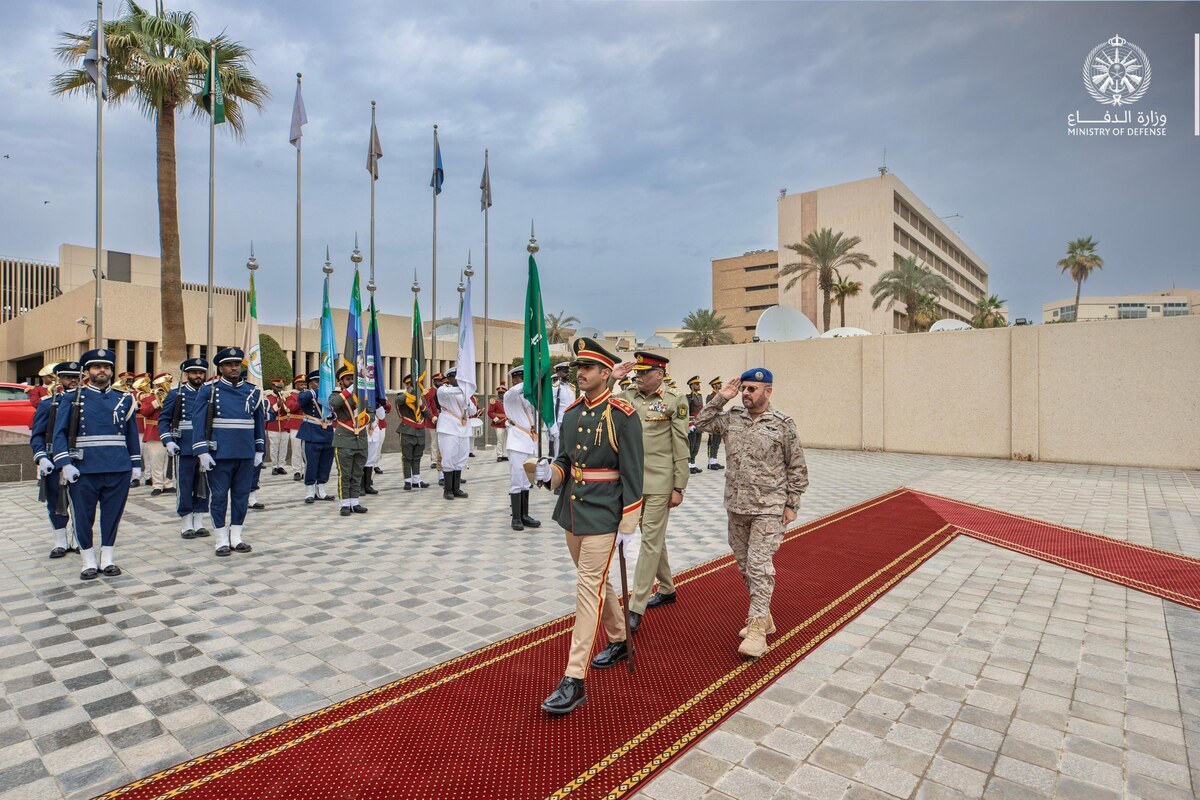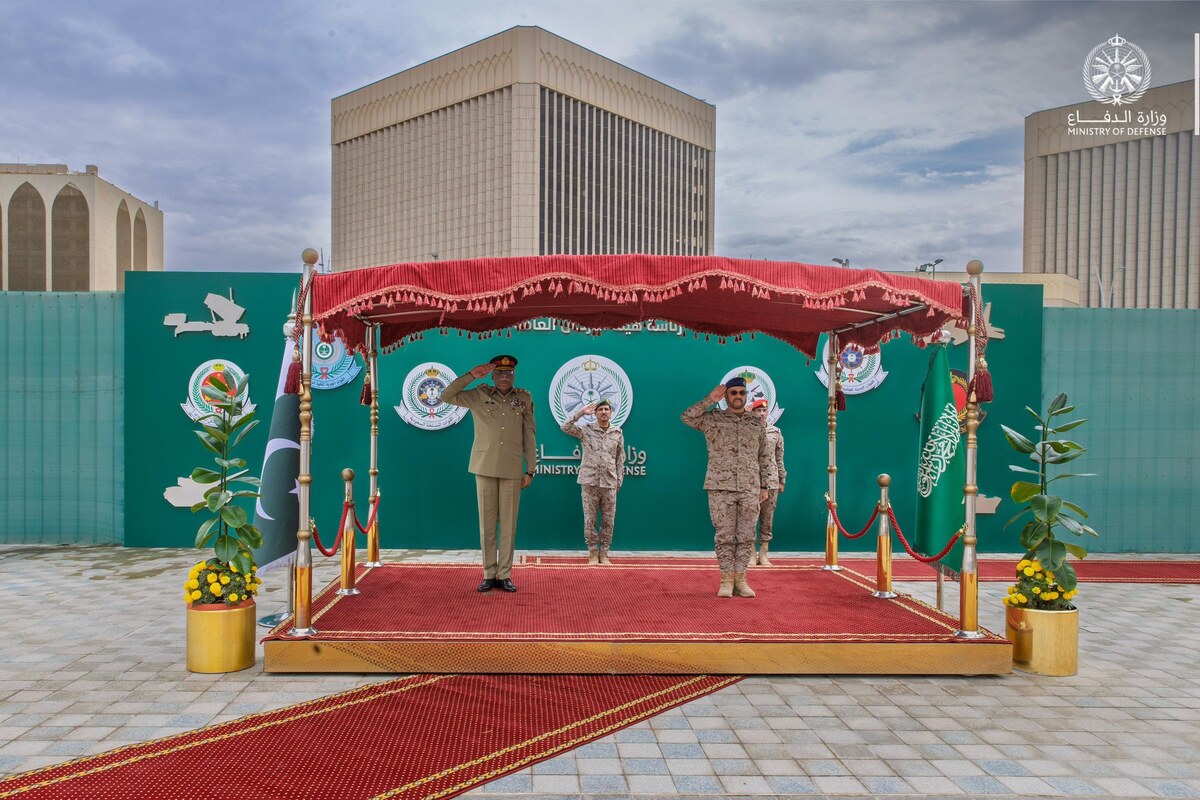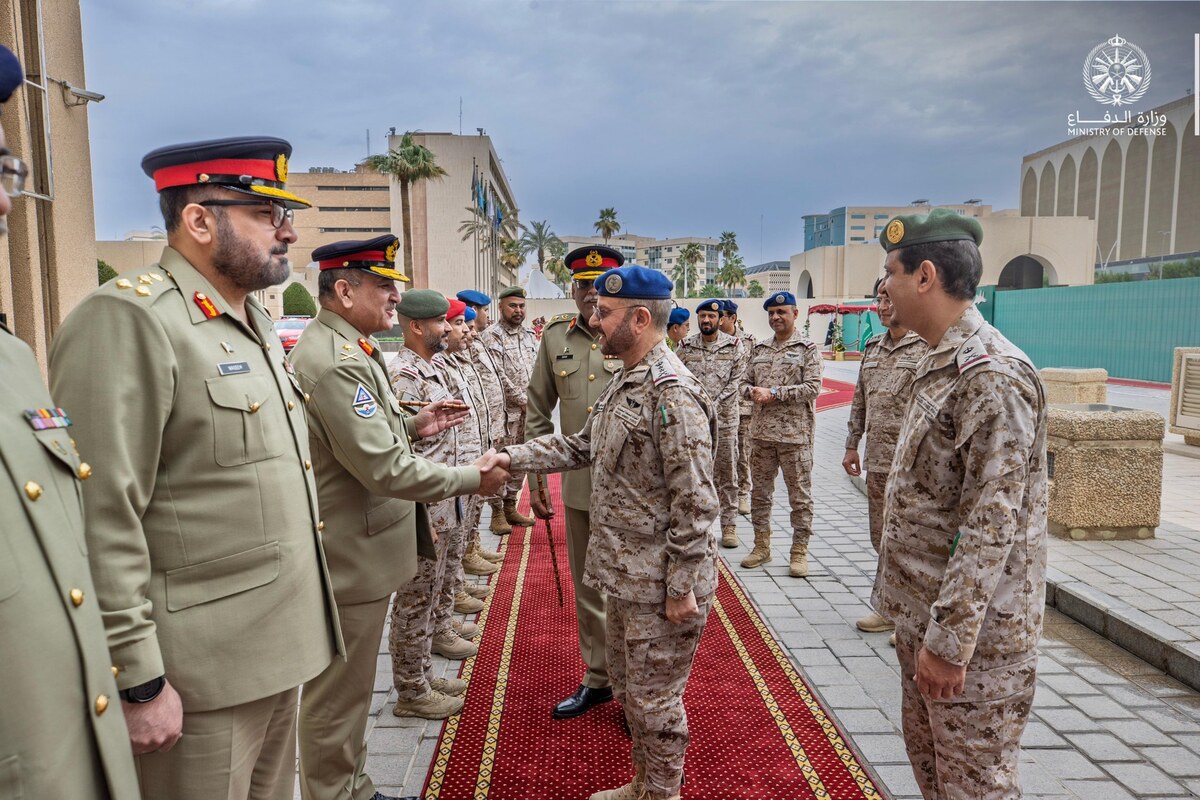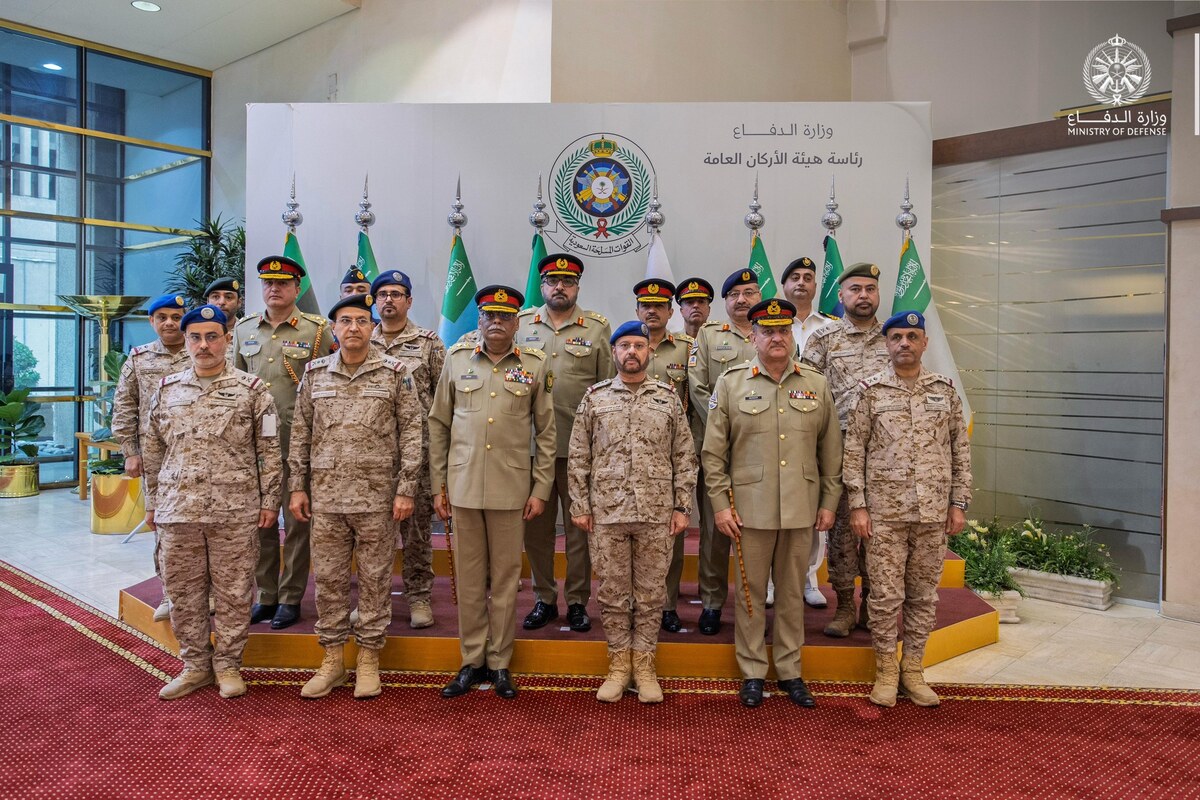GENEVA: Cooperation across borders on shared water resources can help avert conflicts and build peace, the United Nations said Friday, urging all countries to join its Water Convention.
The UN stressed that with climate change and rising water scarcity worldwide, cross-border water cooperation was increasingly crucial for regional stability and conflict prevention.
"Water and peace are very closely inter-related," Sonja Koeppel, Secretary of the UN Water Convention, told AFP.
She pointed out that more than 60 percent of all freshwater resources are shared by two or more countries, including major rivers like the Rhine and the Danube in Europe, the Mekong in Asia, the Nile in Africa and the Amazon in Latin America.
"Cooperating over those waters is crucial for peace, for development for climate action," she said.
Water is such a vital resource, she said, that it has the power to bring countries in conflict to the table, opening the door to cooperation in other areas as well.
India and Pakistan for instance have a cooperation agreement on use of the Indus river.
And an agreement reached by Senegal, Mauritania, Guinea and The Gambia in the 1970s over the Senegal Basin has enabled them jointly to finance and build infrastructure that distributes water to all four countries.
Even when political tensions reign between the countries, Koeppel said, "this cooperation has continued to exist".
A total of 153 countries around the world share water resources, but only 24 of those have signed onto various cooperation agreements covering all of their shared water, UN chief Antonio Guterres pointed out in a statement marking World Water Day on Friday.
"We must accelerate efforts to work together across borders, and I urge all countries to join and implement the United Nations Water Convention," he said.
"Action for water is action for peace."
The convention was established in 1992 to help foster responsible joint management of water resources in the European region, but opened up in 2016 to countries around the world.
Currently it counts 52 state parties, mainly in Europe, Asia and Africa.
Koeppel said the convention was a vital tool to instigate more cross-border water cooperation, but also to help countries to navigate complex situations and resolve disputes.
"It is complicated for countries to cooperate especially in situations of water scarcity or floods or in case of accidental water pollution," she said.
The convention can help countries to use their shared resources "peacefully and sustainably to protect the environment and to jointly adapt to climate change", she said.
She hailed "huge momentum" in Africa for joining the convention, with nine countries now parties to the agreement, and around a dozen others in the process of joining.
But other regions need to catch up.
When Panama joined last year, it became the sole member state in the Americas, a region with "many water challenges", Koeppel said.
And Iraq last year also became the first member state in the Middle East -- one of the most water-stressed, and conflict-plagued, regions in the world.
Koeppel suggested that more cooperation on water in the Middle East could help ease tensions overall.
"Based on examples from other parts of the world," she said, "we can see how water has had a ripple effect to promote regional integration and sustainable development and climate action more broadly".
UN urges more water cooperation to build peace
https://arab.news/2jp35
UN urges more water cooperation to build peace

- A total of 153 countries around the world share water resources, but only 24 of those have signed onto various agreements
- Nuclear-armed South Asian neighbors India and Pakistan for instance have a cooperation agreement on use of the Indus river




















